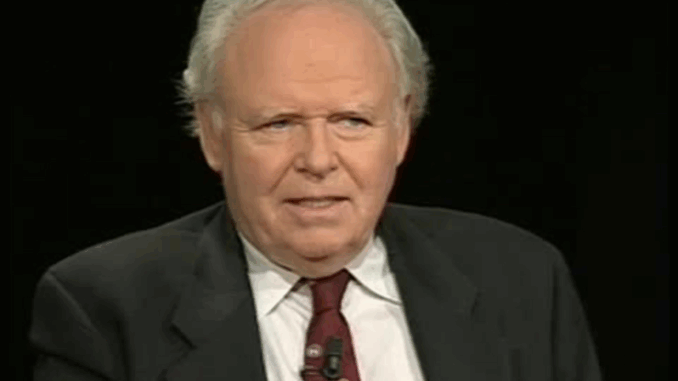
Carroll O’Connor’s portrayal of Archie Bunker in All in the Family did more than entertain—it transformed the landscape of American television. As the face of one of the most culturally significant sitcoms in history, O’Connor helped usher in a new era of socially conscious storytelling that still resonates today.
When All in the Family debuted on CBS in 1971, it broke all the rules. Prior to its arrival, sitcoms tended to avoid controversy, focusing instead on idealized portrayals of family life. But O’Connor, with his masterful acting and sharp comedic timing, brought Archie Bunker to life as a character who spoke openly—often offensively—about race, gender, politics, and religion. It was a bold move, and one that sparked national conversations.
Despite being the central figure of the show, Archie was not a hero. O’Connor played him with complexity, making it clear that his views were to be questioned, not celebrated. This approach allowed the audience to confront uncomfortable truths about American society, all within the format of a primetime sitcom. The show’s writers leaned into this dynamic, using Archie’s outdated beliefs as a foil to more progressive characters like his daughter Gloria and son-in-law Michael.
What made Carroll O’Connor’s performance so groundbreaking was his ability to humanize a deeply flawed man without endorsing his views. He found the emotional core in Archie Bunker—a man fearful of change and clinging to the past—and gave him a sense of authenticity that resonated with millions. O’Connor’s acting didn’t excuse Archie’s bigotry, but it explained it, inviting viewers to understand where it came from and why it needed to change.
All in the Family earned critical acclaim, topping TV ratings for five consecutive years and winning numerous awards. But its greatest legacy is the influence it had on television and society. Shows like The Jeffersons, Maude, and Good Times—all spin-offs or inspired by All in the Family—continued the tradition of using comedy to address real-world issues.
Carroll O’Connor’s contribution to this movement cannot be overstated. Off-screen, he was a vocal advocate for social justice and mental health awareness, particularly after the tragic death of his son. His legacy is one of courage—both in his art and in his life.
Today, as audiences revisit All in the Family through streaming and syndication, Carroll O’Connor’s performance remains as powerful and provocative as ever. He didn’t just play Archie Bunker—he challenged America to look in the mirror and start a conversation that still matters.
